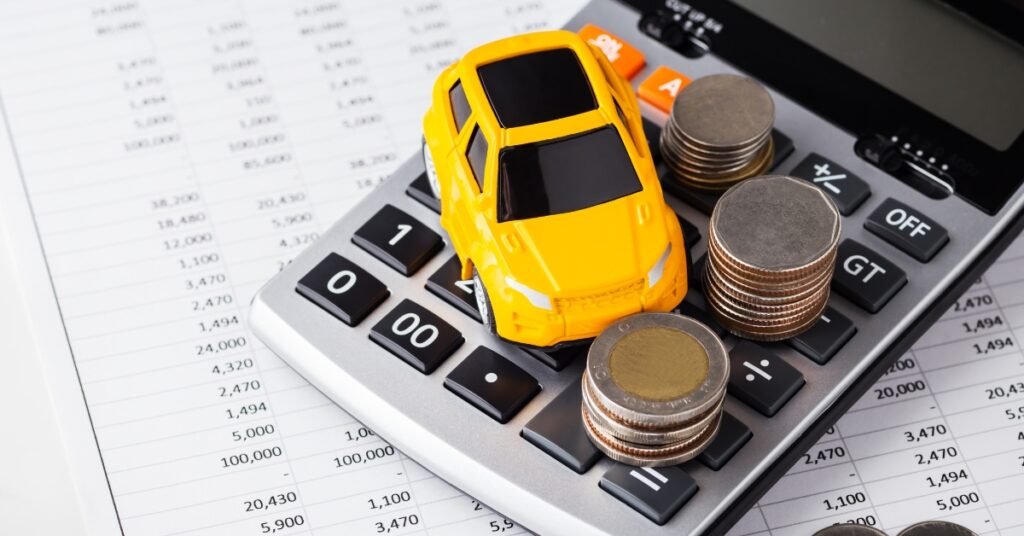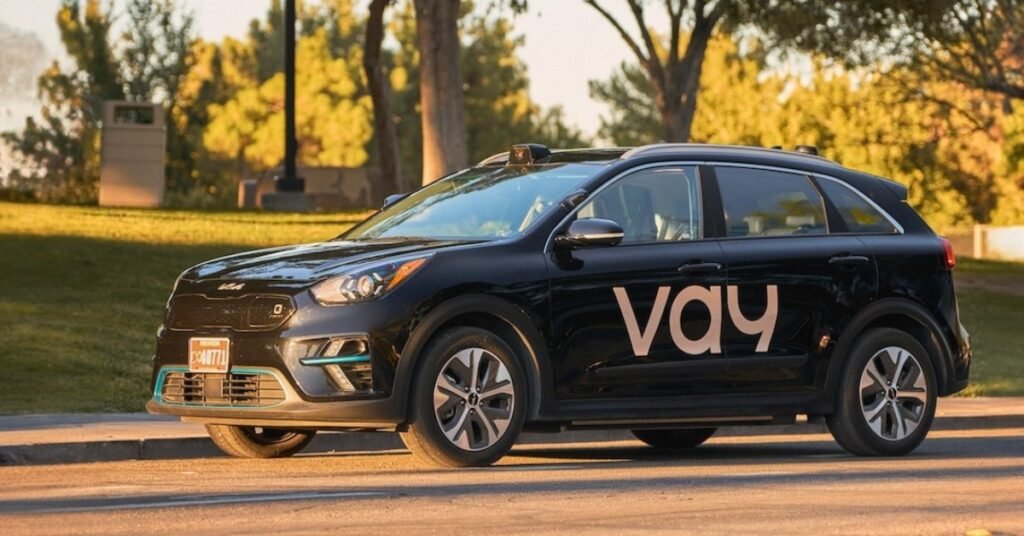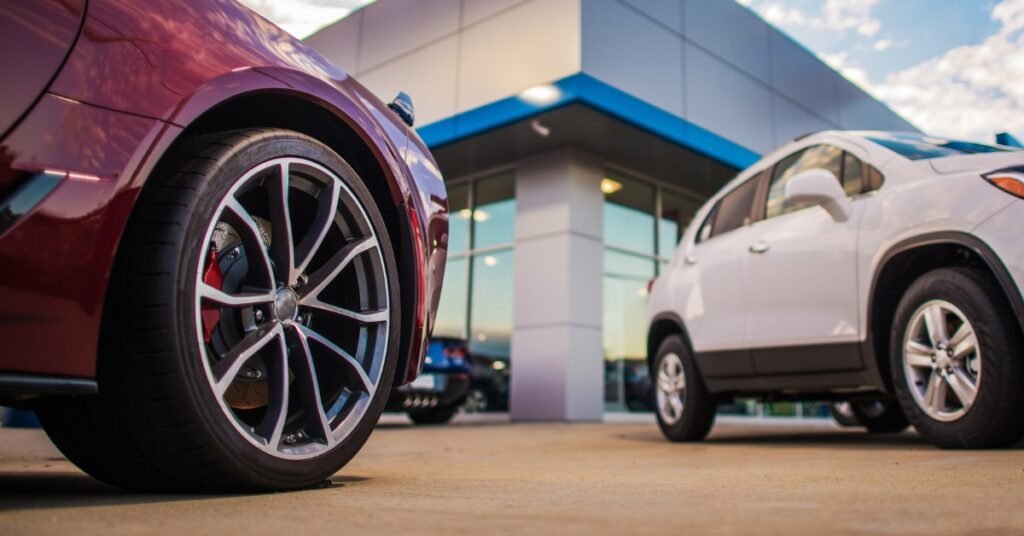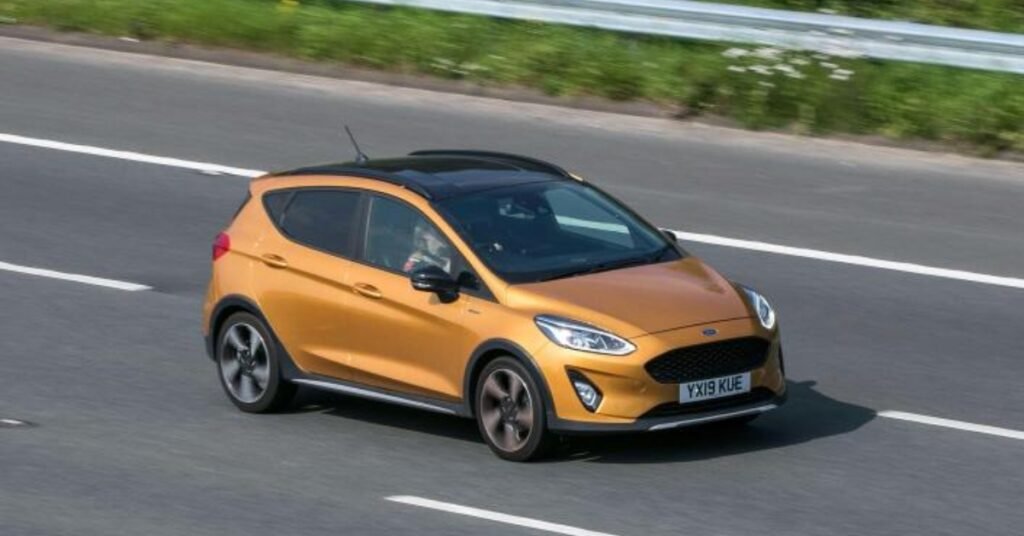Discover the changing dynamics of car ownership as leasing becomes a sensible option. Learn why leasing can offer lighter debt, bumper-to-bumper coverage, and upgrade possibilities.
Table of Contents
Shopping for your first new car can be an overwhelming experience, especially when conflicting advice is offered by older generations who often dismiss leasing as a bad idea.
However, the landscape has evolved, and what was once deemed impractical is no longer universally true.
In the past decade, the conventional wisdom surrounding leasing versus buying has shifted due to skyrocketing car prices.
In an era when the average transaction price of a car hovers around $46,000 and loan terms extend to approximately six years, opting to purchase a car instead of leasing is no longer the obvious choice.
This change can be attributed to the increasing challenge of paying off substantial loans and the consistent depreciation of vehicle values.
If you are a first-time car buyer primarily concerned with monthly payments, leasing may be the right option.
Here are a few reasons why leasing might make more sense in today’s context.
Lighter Debt: Smaller Loans and Lower Monthly Payments
Leasing enables you to take out a smaller loan, as you only need to finance the vehicle for the lease period.
Consequently, this significantly reduces the size of your loan, resulting in more manageable monthly payments.
Additionally, you can decrease your monthly expenses by making a down payment at the time of lease signing.
While considering this lighter debt, it is crucial to consider two factors.
Firstly, having good credit beforehand is beneficial as it provides access to a wider range of lending options and allows you to compare interest rates.
However, leases generally restrict you to a single lender.
Secondly, exercising caution when making down payments is important.
Car salespeople advise limiting down payments to a maximum of $2,000.
This precaution arises from the fact that if the leased vehicle is totaled, any excess down payment is non-refundable since you do not own the car.
Therefore, avoiding risking a large sum of money in such scenarios is advisable.
Bumper-to-Bumper Coverage: Peace of Mind with Repairs
Leasing a car is comparable to renting an apartment; you are not financially responsible for most repairs during the lease period.
Typically, leases come with the vehicle’s included factory warranty, offering coverage for significant repairs.
Decades ago, vehicle repairs were relatively inexpensive and easily manageable, so older generations tend to overlook this advantage of leasing.
However, modern cars incorporate advanced technology, where even minor malfunctions in screens or damages to cameras can amount to thousands of dollars in repair costs for vehicle owners.
These potential expenses become the lessor’s responsibility by choosing to lease instead.
Nonetheless, routine maintenance such as oil changes and tire rotations usually remain the lessee’s responsibility, although some dealerships offer leasing deals that include maintenance services.
Upgrade Possibilities: Transitioning from Used to New
When deciding whether to lease or buy, it is crucial to consider your circumstances.
If you are in the market for a used car, exploring leasing deals might reveal the possibility of securing a similar monthly payment for a newly leased car compared to a loan for a used one.
Leasing also allows us to test drive new cars before committing to long-term ownership.
Moreover, at the end of the lease, you can purchase the car if you find it suitable.
Words of Caution: Mileage and Commitment
Before deciding to lease a car, keeping a few factors in mind is essential.
Firstly, carefully consider the mileage you can realistically commit to.
Opting for a low-mileage lease solely for lower monthly payments may prove unwise if you anticipate exceeding the mileage limit.
Secondly, remember that a lease locks you into the chosen vehicle for the lease period.
If your driving needs to change within the next 2-3 years, buying a car is a more suitable option.
Terminating leases prematurely can be notoriously expensive.
As car prices surge and loan terms extend, the conventional wisdom regarding leasing versus buying has significantly shifted.
While parental advice might still lean towards car ownership, leasing now presents a sensible alternative for first-time buyers.
Individuals can make informed decisions that align with their financial situations and lifestyle preferences by considering lighter debt, bumper-to-bumper coverage, and the possibility of upgrading from used to new cars.
Remember, finding the right balance between leasing and buying depends on your circumstances and priorities.
Get our best stuff sent straight to you! Join our WhatsApp Channel.






